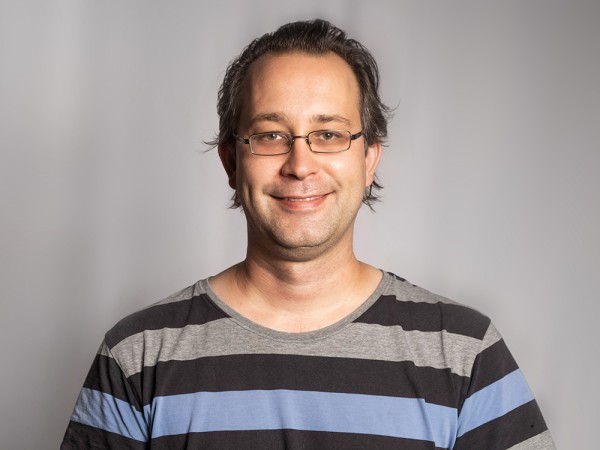Phosphorus is essential for life and an indispensable component of many fertilisers. The European and national legislation calls for the recovery of phosphorus form the wastewater stream in the medium term. Due to the lack of reliable data it has remained unanswered so far to what extent P-recovery can be considered appropriate in ecological and economic terms.
By means of the LCA methodology, the PHORWÄRTS project compares conventional fertiliser production from rock phosphate with selected methods of phosphorus recovery from the wastewater path. Since the informative value of the parameter toxicity is rather limited in conventional LCAs, the project PHORWÄRTS additionally provides a comparative contaminant risk assessment for the fertiliser application for different fertilisers. In this context, the contamination with heavy metals and organic pollutants is spotlighted. This comparison will be completed by a cost estimate of the various production methods.
The project was started in September 2016 and is financed by the Federal Environment Agency (UBA) in the scope of the Environmental Research Plan issued by the German Federal Ministry for the Environment.

- Stand und Perspektiven beim Phosphorrecycling
- Circular Economy – Challenges and Opportunities for Phosphorus Recovery & Recycling from Wastes in Europe
- Phorwärts Abschlussbericht: Ökobilanzieller Vergleich der P-Rückgewinnung aus dem Abwasserstrom mit der Düngemittelproduktion aus Rohphosphaten unter Einbeziehung von Umweltfolgeschäden und deren Vermeidung
- Ökobilanzieller Vergleich der konventionellen P-Düngemittelproduktion aus Rohphosphat mit der Phosphorrückgewinnung aus dem Abwasserpfad
- Phosphorus processing – potentials for higher efficiency


